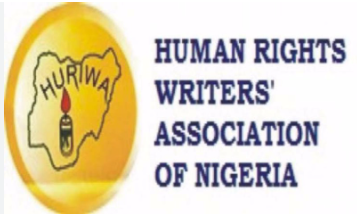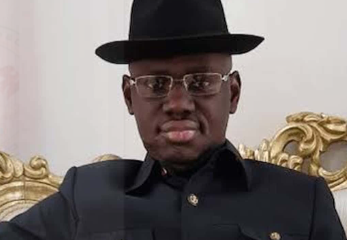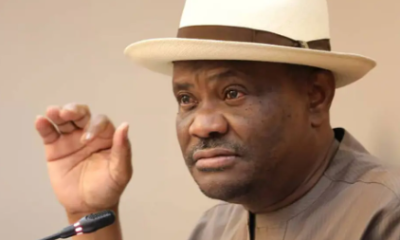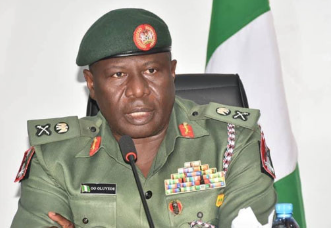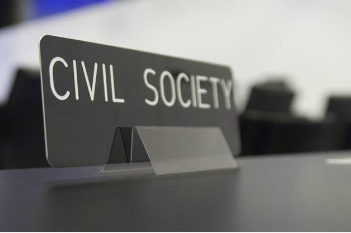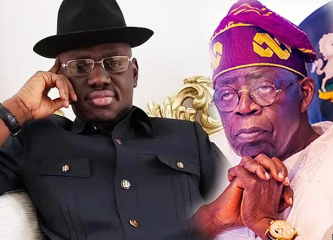Former Commissioner of Police Abubakar Tsav has disagreed with the Nigeria Bureau of Statistics claim that the Nigeria Police is among the nation’s most corrupt public services.
This is not to say there is no corruption in the Nigeria police or that I am defending corruption,” said Tsav, without facts or figure.
According to the survey, in a year at least 82 million bribes were paid to public official. And 52 percent of Nigerians that had contact with public officials in that period, no fewer than 32 per cent of them paid or were asked to pay a bribe.
The survey revealed that that the frequency of bribery was more among police officers (46.4 percent). The judiciary comes at a close second, and prosecutors and judges are also counted among the most corrupt.
The rate of bribery among prosecutors is put at 33.6 per cent, and judges/magistrates at 31.5 per cent.
Tsav said corruption in the police is indeed a sacrilege and betrayal of public trust. But the prevalence is no worse than the military and others.
Recent EFCC’s efforts and other anti-graft operations show that corruption in the police is a scratch on the surface,: he said.
“Apart from an IGP, no senior police officer has been charged to court and convicted for corruption or found with millions of local and foreign currencies.”
He was apparently referring to senior military officers caught in the long running Dasukigate scandal involving $2.1 billion arms vote squandered in the last administration.
He said the Nigerian police are not taken care of, so officers resort to self-help on road block duties.
According to him, police pensioners are being owed 33 months even when the fund has been approves and released.
“If that can happen to retired officers, it can also happen to serving ones when they retire.”
The survey further established that 95 percent of Nigeria are willing to give or take bribes to speed up processes or get preference.
The bureau and its collaborator, the UN Office on Drugs and Crimes, and the European Union put an average bribe at N5000, adding up to N400 billion annually.
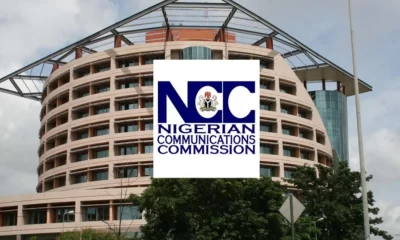
 Business1 week ago
Business1 week ago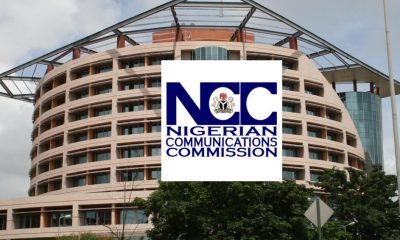
 Business6 days ago
Business6 days ago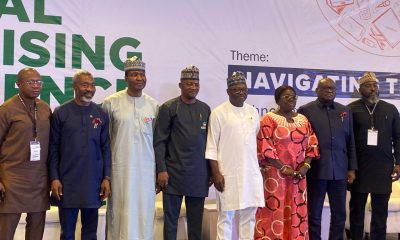
 Business1 week ago
Business1 week ago
 Football1 week ago
Football1 week ago
 Business6 days ago
Business6 days ago
 Sports1 day ago
Sports1 day ago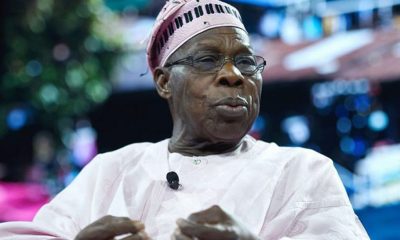
 Latest5 days ago
Latest5 days ago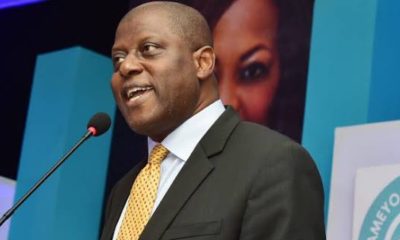
 Business5 days ago
Business5 days ago




